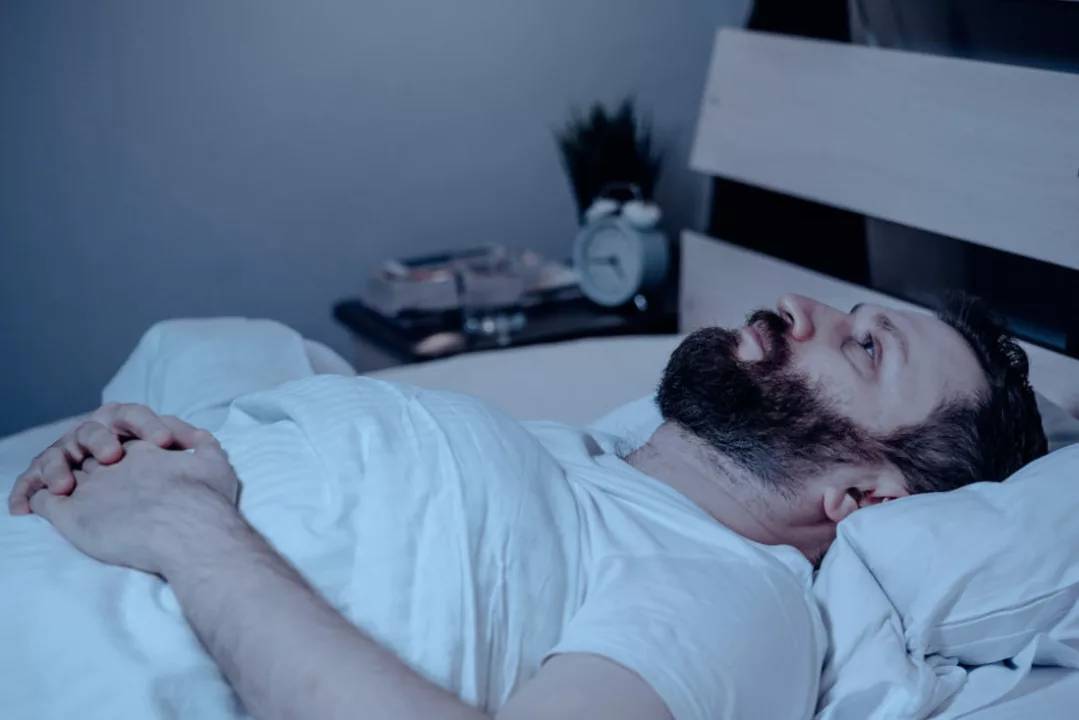Struggling to fall asleep? You’re not alone — poor sleep shows up in work, mood, and health fast. This page collects clear, usable advice: quick fixes for bad nights, safer medication options, and when to get professional help. No fluff — just things you can try tonight and read more about if you want deep dives.
Start with the basics. Keep a consistent bedtime and wake time, even on weekends. Dim lights and stop screens 60 minutes before bed — blue light tricks your brain into thinking it's daytime. Cut caffeine after mid-afternoon and skip heavy meals within two hours of bedtime. A short evening walk or light stretching often beats late-night scrolling for calming your mind.
If you wake up at night, don’t stare at the clock. Get out of bed, do a low-stimulation activity (read under a soft lamp, do slow breathing) and return when sleepy. Use the bedroom for sleep and sex only — that helps your brain link the room to rest, not worry or work.
Medications can help short-term but come with risks. Zolpidem and similar drugs work fast but can cause dependence and morning grogginess. Articles on this site walk through seven to eight alternatives to Zolpidem in 2025 — including Ramelteon, which targets your natural sleep cycle, and lower-dependency options like low-dose doxepin for sleep maintenance.
Trazodone is commonly used for sleep, but it’s not the only choice. We’ve outlined five practical alternatives showing when one option might suit you better than another. If you’re switching off benzodiazepines, there’s a step-by-step piece on moving to buspirone safely — that one explains tapering, timing, and what withdrawal signs to watch for.
Natural options can help some people. Melatonin works best for shifting schedules or jet lag; some herbal supplements help with mild anxiety that keeps you awake. Always check interactions: melatonin and herbal remedies can still clash with antidepressants or blood thinners.
Want to avoid meds? Cognitive Behavioral Therapy for Insomnia (CBT-I) beats pills for long-term results. It teaches practical habits and how to change the thoughts that keep you awake. Many clinics and online programs offer short CBT-I courses that you can try before committing to daily medication.
When should you see a doctor? If poor sleep lasts more than a month, if daytime sleepiness affects your safety (work, driving), or if symptoms like loud snoring, gasping, or restless legs show up — get evaluated. Sleep problems can hide treatable conditions like sleep apnea, restless leg syndrome, or mood disorders.
Want more detail? Browse our related guides on Zolpidem alternatives, Trazodone swaps, and how to safely change prescription meds. Pick one practical step tonight — dim the screens, set your alarm for the same time tomorrow, or read our step-by-step guide to safer sleep meds.

I recently came across an interesting topic about Terazosin and its effects on sleep. Terazosin is a medication primarily used to treat high blood pressure and benign prostatic hyperplasia. Surprisingly, it has been found to have a significant impact on our sleep patterns. Studies have shown that Terazosin can improve the quality of sleep by reducing nighttime awakenings and increasing the amount of deep sleep we get. So, if you're struggling with sleep issues, Terazosin might be worth discussing with your doctor.